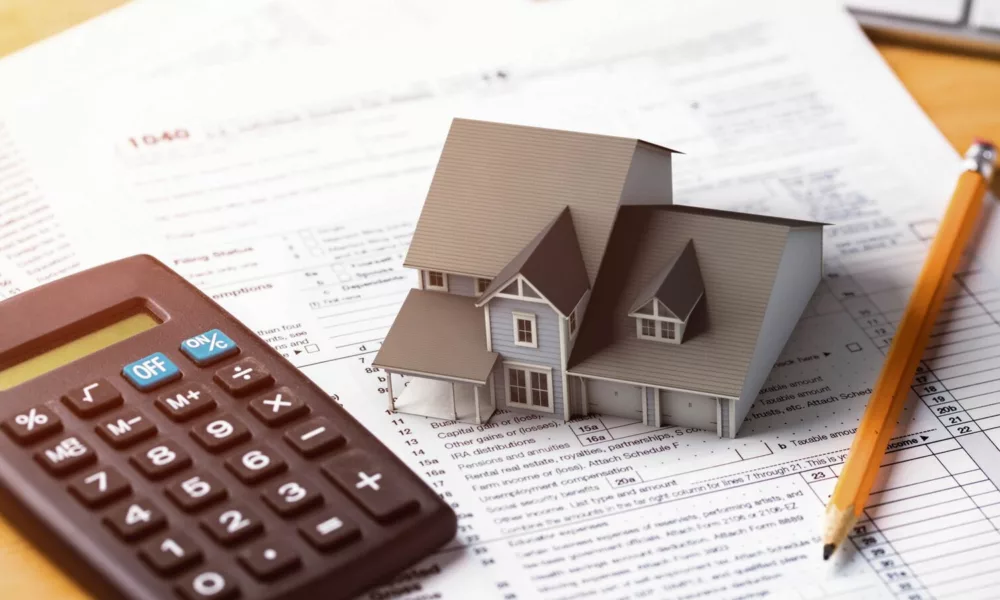Manuja Sindhu had a residential plot’s history going back to 1972 when her grandfather procured a residential plot in Delhi for ₹6 lakh. In 1991 when he died, the land went to her father, and in 1995, he built a house on it. The gifted house, along with the land it was built on, was transferred to Manuja in 2011. Subsequently, the house was sold in September 2023 for ₹5.5 crore, and recently, she acquired a residential flat in Bengaluru for ₹3.5 crore. The question is, what will be the capital gain tax liability for Manuja and can she be eligible for a tax benefit under section 54F?
The proceeds from the sale of her Delhi residential house will be subject to taxation as long-term capital gains at a rate of 20%, with the benefit of indexation. The cost of acquisition for tax purposes can be the original cost of the property or its fair market value as of 1 April 2001, at the option of the taxpayer. Additionally, the fair market value should not have surpassed the stamp duty value for the property on the same date. Manuja has the option to take the benefit of the cost of acquisition and the cost of improvement incurred for additions or alterations to the asset on or after 1 April 2001.
It is critical to understand that the provisions of Section 54 of the Income Tax Act are applicable in this case, not Section 54F. The conditions that need to be met to be eligible for benefits under Section 54 are specified. For instance, the property sold must be a residential property and the capital gains from the sale must be invested in the purchase or construction of another residential property in India. Also, the taxpayer should not own more than one residential house, other than the new property being purchased or constructed. Given that Manuja’s first house purchase in Bengaluru meets the mentioned conditions, she will be eligible to claim an exemption under Section 54 of the Income Tax Act. Once the capital gain is calculated, she can invest the sale proceeds in the residential flat in Bengaluru and qualify for a complete exemption from capital gains tax.
It is important to note that there are restrictions on the new property. Specifically, it cannot be sold within three years from the date of acquisition. Selling the new property within this time frame will result in the revocation of the earlier claimed capital gains tax exemption.
In conclusion, since Manuja has met the conditions expected by Section 54 of the Income Tax Act, she can exercise the option to reduce her tax outgo on the capital gains. These conditions have been specified by Neeraj Agarwala, a partner at Nangia Andersen India.

 Euan Blair Net Worth 2024: How Much is Tony Blair’s Son Worth?
Euan Blair Net Worth 2024: How Much is Tony Blair’s Son Worth? David Copperfield Net Worth 2024: How Much is the Novel by Charles Dickens Worth?
David Copperfield Net Worth 2024: How Much is the Novel by Charles Dickens Worth? Noel Biderman Net Worth 2024: How Much is the Canadian Internet entrepreneur and business professional Worth?
Noel Biderman Net Worth 2024: How Much is the Canadian Internet entrepreneur and business professional Worth? Kenya Finance Bill: Vehicle Owners To Bear The Brunt, Will Have To Pay Annual Tax Of Up To Ksh 100,000
Kenya Finance Bill: Vehicle Owners To Bear The Brunt, Will Have To Pay Annual Tax Of Up To Ksh 100,000 Adam Selipsky Net Worth 2024: How Much is the CEO of Amazon Web Services, Inc. Worth?
Adam Selipsky Net Worth 2024: How Much is the CEO of Amazon Web Services, Inc. Worth? Ken Langone Net Worth 2024: How Much is the American Businessman Worth?
Ken Langone Net Worth 2024: How Much is the American Businessman Worth? Anthony Geisler, Xponential Fitness Founder and CEO Suspended “Indefinitely” Amid Fraud Allegations
Anthony Geisler, Xponential Fitness Founder and CEO Suspended “Indefinitely” Amid Fraud Allegations Navigating Forex Brokers: Choosing the Right Partner for Your Trading Journey
Navigating Forex Brokers: Choosing the Right Partner for Your Trading Journey